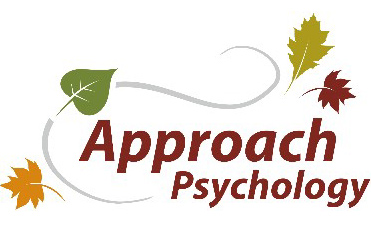Obsessive Compulsive Disorder (OCD)
People with Obsessive Compulsive Disorder (OCD) experience either obsessions (thoughts, impulses or mental images that keep occurring), compulsions (certain behaviours or rituals that the individual feel they must perform to prevent something bad from happening), or both. Most sufferers of OCD experience both obsessions and compulsions.
Some examples of obsessions are:
- Fear of catching a disease or becoming sick
- Fear of hurting or killing someone (often loved ones)
- Fear of forgetting something (such as turning off appliances or locking doors)
- Fear of having committed a crime
- Fear of doing something embarrassing/immoral (e.g., shouting obscenities in public)
- Fear of touching poisons
Frequently, people’s obsessions go completely against their belief systems (such as a loving parent thinking they will harm their child, or a religious individual thinking blasphemous thoughts). As such, the individuals find the thoughts very distressing.
Some examples of compulsions are:
- Excessive cleaning or washing (e.g., washing hands repeatedly or for a long time)
- Excessive checking (e.g., checking a stove is off or a door/window is locked many times)
- Repeating actions or mental repetition (e.g., turning light switches on and off a set number of times)
- Excessive praying
- Placing objects in set places (e.g., making sure objects are symmetrical or parallel to one another)
- Hoarding objects or saving things
People with OCD usually recognise, at least to some extent, that their obsessions are unrealistic or exaggerated compared to other people. Also, even though their compulsions don’t seem to make sense to them, they feel powerless to stop performing them.
While OCD is a relatively common problem, it can be incredibly debilitating as people often spend hours a day performing their rituals. Although compulsions initially develop to relieve the anxiety brought on by obsessions, the relief is only temporary and the rituals become extremely problematic and interfere in the individual’s day-to-day functioning. For example, they can make it difficult to get places (including work) on time, or to take care of a family. Often people with OCD are very anxious, and may also avoid certain situations in order to alleviate their anxiety.
0478 763 163
Suite 1, Level 2 (top of stairs)
793-795 Pacific Highway
Gordon NSW 2072
